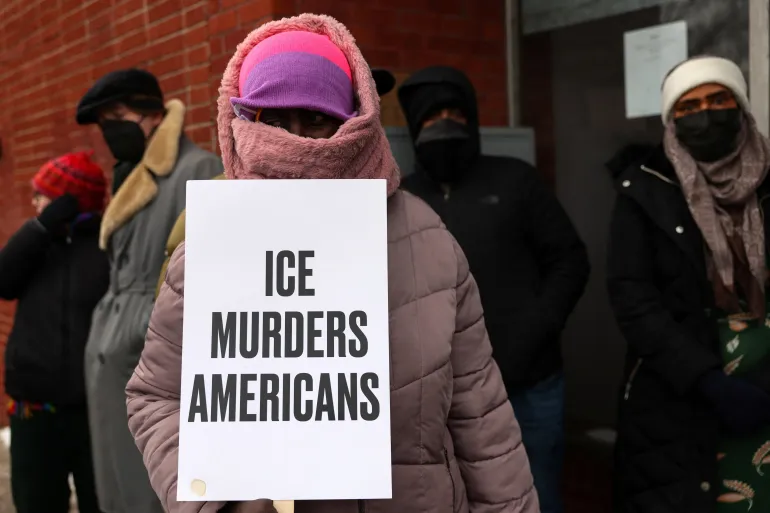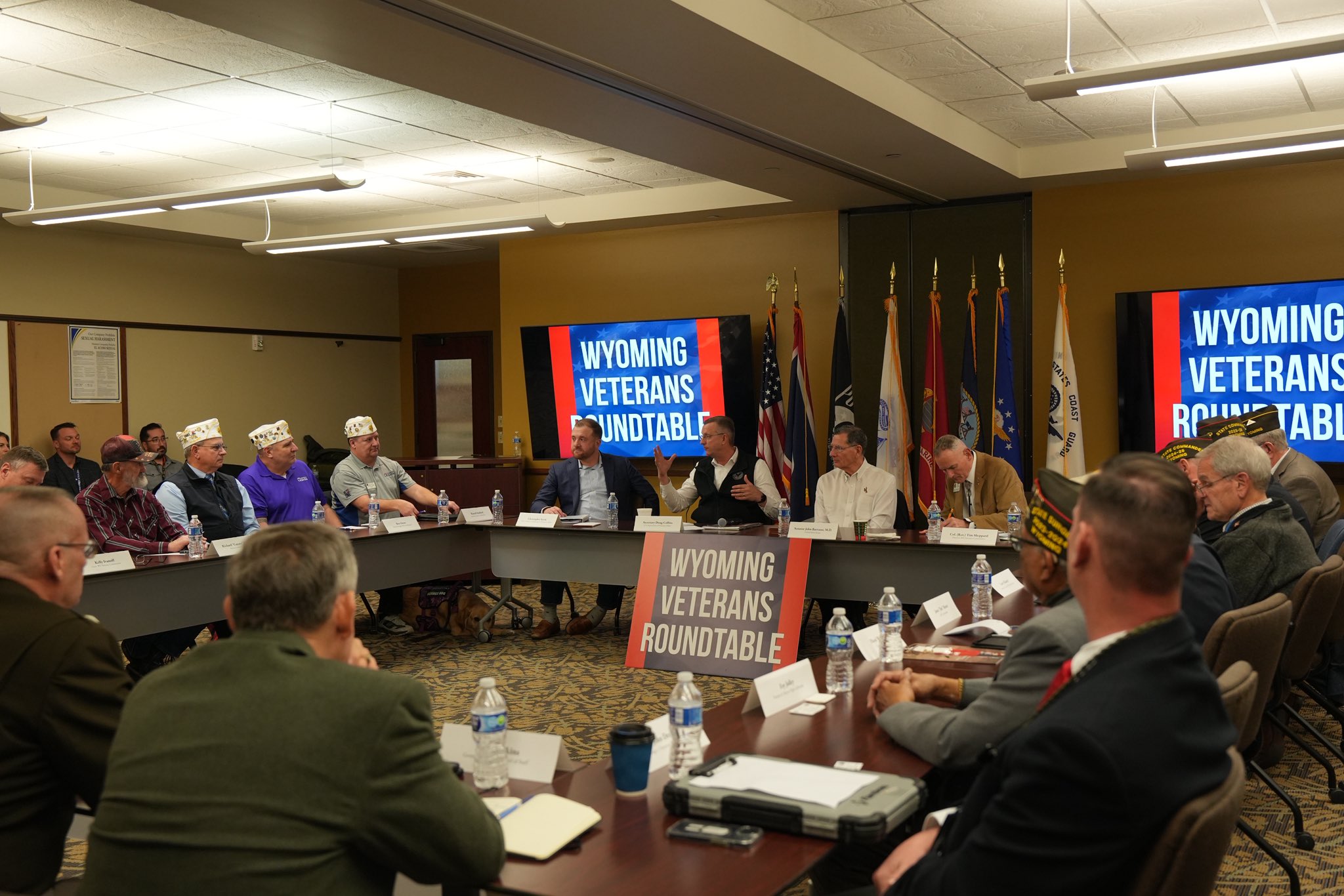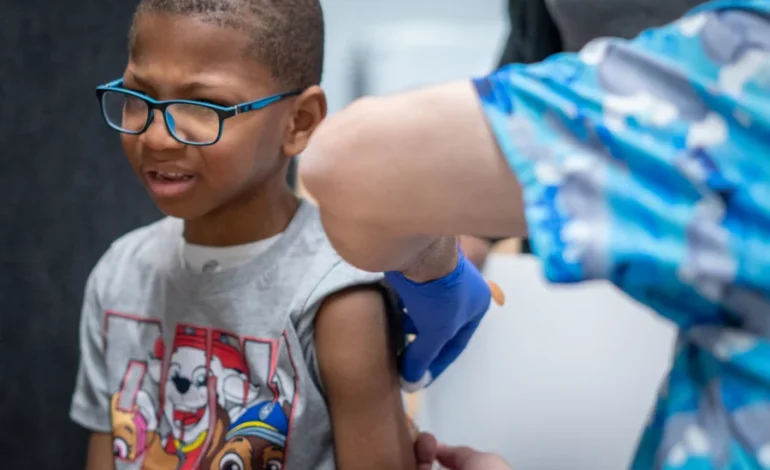For two decades, Washington, DC pediatrician Dr. Lanre Falusi has answered the usual questions from new parents: Do vaccines cause fevers? What about side effects? When’s the best time? But this year, the tone has shifted.
“For the first time, I’ve got parents asking, ‘Will my baby still be able to get vaccines?'” Falusi said.
That’s not an isolated case. Pediatricians across the country say parents—especially those whose kids are on Medicaid—are getting nervous about something that used to be routine: access to childhood immunizations.
The panic kicked into high gear after Health and Human Services Secretary Robert F. Kennedy Jr., a longtime anti-vaccine activist, removed all 17 members of the CDC’s expert vaccine panel (ACIP) back in June. He replaced them with figures who align more closely with his skepticism of vaccines.
Since then, families and doctors alike have been asking: What happens if the new panel decides certain shots shouldn’t be recommended anymore?
That question matters a lot. Vaccines recommended by the ACIP are the ones insurance companies—and Medicaid—are required to cover. If that backing disappears, coverage could vanish too. That could leave families, especially those on tight budgets, footing hundreds of dollars in bills just to keep their kids protected.
“If the ACIP drops a vaccine and the CDC director agrees, coverage disappears almost instantly,” said Jennifer Tolbert, a Medicaid policy expert at KFF Health News.
There’s also fear around President Trump’s newly passed budget, which is expected to cut about $1 trillion from Medicaid over the next decade. While kids’ vaccine coverage technically isn’t touched, the ripple effects could be big. States under financial strain might reduce who qualifies for Medicaid or limit which services it covers.
“I can’t say for sure how this will play out,” said Tolbert, “but it’ll likely look different in every state.”
So far, private insurance companies haven’t announced any changes in response to the ACIP shake-up. But pediatricians are preparing for the possibility that parents will soon have to pay out of pocket for shots now routinely covered.
In places like Columbia, South Carolina, Dr. Deborah Greenhouse said families used to have flexibility around when their kids got routine vaccines. Not anymore.
“Now I tell them: Get your child vaccinated as soon as they’re eligible,” Greenhouse said.
Parents are booking appointments on or near birthdays just to ensure their kids get the shots in time. Some are even asking about vaccinating 7- or 8-year-olds for HPV, though that vaccine isn’t approved for kids under 9.
“They’re afraid they won’t get the second dose covered,” Greenhouse said. “And without insurance, that can cost $300.”
Doctors warn that any restriction on vaccines—either through policy or cost—will have real consequences.
In Albuquerque, New Mexico, Dr. Melissa Mason has seen it firsthand. Her patients have already been hit by the ongoing measles outbreak tied to low vaccination rates. And more than 15,000 cases of pertussis (whooping cough) have been reported this year, according to the CDC.
“Pertussis can be deadly for babies too young to get vaccinated,” Mason said. “If access goes down, these diseases are only going to spread more.”
She’s even started offering the measles vaccine at 6 months, earlier than usual but still within guidelines, to get ahead of outbreaks.
Secretary Kennedy recently announced that the CDC no longer recommends COVID vaccines for healthy children and pregnant women—a move that prompted a lawsuit from the American Academy of Pediatrics.
His revamped ACIP also recommended removing flu vaccines that contain thimerosal, a preservative long targeted by anti-vaccine groups despite no proven harm. The government insists these changes won’t limit vaccine access, but the shift in messaging is already rattling families.
“I cannot be 100% sure what the future looks like for some of these vaccines,” Greenhouse said. “And that’s a scary place to be.”
The new ACIP panel is expected to hold its next public meeting as early as August.
With input from NPR.










The latest news in your social feeds
Subscribe to our social media platforms to stay tuned